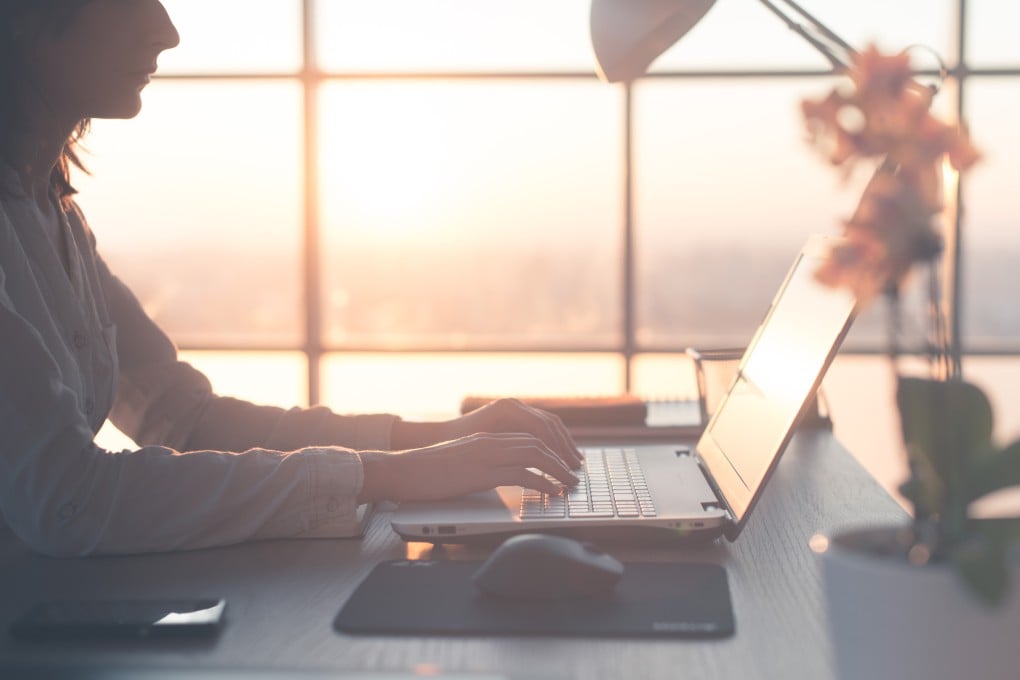Advertisement
Working from home amid coronavirus crisis? Stay sane by adding structure to your day, taking regular breaks, and setting yourself some new goals
- Your self-care routine can be disrupted when working from home. Combine that with uncertainty and not being active, and it can affect people’s mental health
- Look for the positives to being out of the office, such as having no commute, and reach out to your colleagues via digital media to avoid feeling too isolated
4-MIN READ4-MIN

Civil servants, bank staff, lawyers, office workers and many other employees who usually spend long days in workplaces across Hong Kong are working from home to minimise the threat of the novel coronavirus, which causes a disease known as Covid-19, spreading in the community.
For the most part, we have the technology to be able to do this, but are we mentally and emotionally prepared for the challenges that come with working on our own, separated from colleagues and friends?
The usual structure of our day – commuting to work, chatting with colleagues, meeting a friend for lunch, going to the gym after work – may seem so mundane that it’s easy to overlook the powerful role it plays in our mental health.
Advertisement
Take that away and replace it with the potentially shapeless form of “working from home” and it can be overwhelming.

“Your self-care routine can be very disrupted. Combine that with a lot of uncertainty, wanting to protect the self [from catching the virus], not being active and getting out, and it can really affect people’s mental health,” says Dr Hannah Sugarman, a clinical psychologist and the clinical adviser at mental health charity Mind Hong Kong.
Advertisement
Advertisement
Select Voice
Select Speed
1.00x